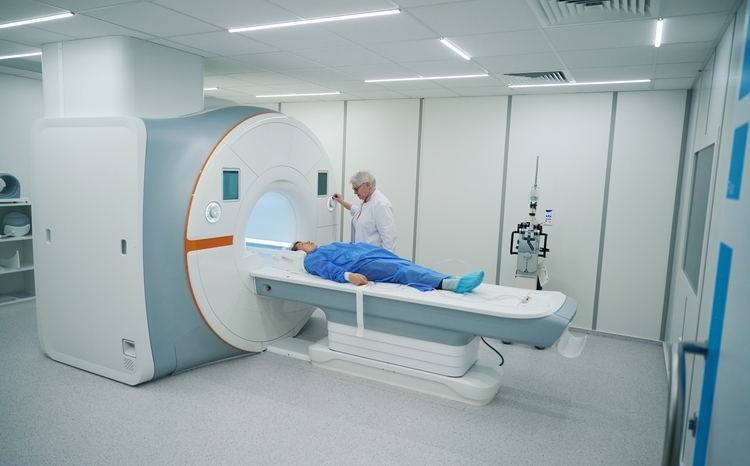Open source software could save NHS money
- 1 November 2004
The Office of Government Commerce has made recommendations that public procurement of software should consider open source solutions, citing, amongst other case studies, the experience of a Dublin-based hospital that made significant savings in transferring all its software to open source. The report says that public sector bodies should “examine carefully the technical and business case for implementation for Open Source software and the role which OSS could play in current and future projects” as well as “review their current infrastructure and applications… well in advance of any planned procurement or renewal… and consider what steps may be necessary to prevent future ‘lock in’". In the case study, ‘Open Source Software can Improve the Health of the Bank Balance – the Beaumont Hospital Experience’, by Brian Fitzgerald and Tony Kenny, the hospital is cited as saving €13m (£9m) on comparable software over five years by switching to open source, with the biggest savings being made on e-mail systems and the picture archiving and communications system (PACS). The PACS system was developed in-house by IT staff with Perl. Although Sun gave the hospital an initial grant and storage of 1Tb to encourage research and development, and an additional network and hardware upgrade worth around – 400,000 (£278,000) was necessary, a proprietary PACS system would still have cost the hospital – 7.34m (£5.1m) over a five-year period, instead of the €237,000 (£165,000) they spent. The case study noted that some staff were worried about retraining to use open source software. “The comfort factor of a familiar interface should not be underestimated,”say the authors. “One of the key complaints from the administrative staff in Beaumont who moved to an OSS platform was that they feared being de-skilled if they didn’t have skills in MS Office applications." However, Star Office, the application based on open-source software that was favoured by Beaumont, had important extra features useful in a medical context, such as the incorporation of XML feeds. The OGC report argues for a level playing field between proprietary and open-source applications; although it notes that OSS is only free in the sense that it is free from licensing. “Organisations should undertake a comparison of costs and benefits, and take into account the full lifecycle costs of continuing to use, support and upgrade proprietary software," the OGC concludes. In April, the NHSIA rescinded its paper on OSS written by consultant Colin Smith that urged the NHS to adopt a policy of making users aware of the availability of open-source software and encourage the development of open-source healthcare software. In a replacement explanation, the NHSIA said there were issues with supporting open-source code: “Open Source code typically comes without ownership, support or maintenance. NHS infrastructure and information systems are critical to the delivery of quality care and therefore guarantees on the reliability and future maintenance of systems are required." However, according to their website, NHSIA is to continue to follow the official OGC policy for guidance on OSS. Keith Foord, consultant radiologist at East Sussex Hospitals NHS Trust and secretary of the Royal College of Radiologists PACS and Teleradiology Interest Group, told E-Health Insider that open source PACS could be a hazardous step. "
“There is also the risk with open source that if you lose key IT personnel you are in some difficulty. This is why commercial PACS have become reality – they are more expensive but you are buying a standard product which can be implemented by the company and supported by the company, which has a maintenance contract."
This August, NPfIT bought 5,000 licences from Sun for the Sun Java Desktop system, which contains a suite of open source software and runs on Linux. Support and maintenance of the system, the area that the NHSIA was most concerned about, is supplied by Sun as part of the deal.
Richard Granger, NHS IT director general, said in December 2003 that if the Sun’s open source desktop system “were to prove effective, we could save the NHS and the taxpayer many millions of pounds whilst at the same time using rich and innovative software technology."
Links
Sun awarded ‘tactical’ NHS desktop contract
OGC Open Source Report [PDF, 391K]
Beaumont Hospital Case Study [PDF, 298K]




